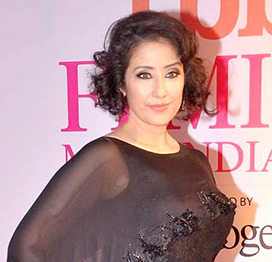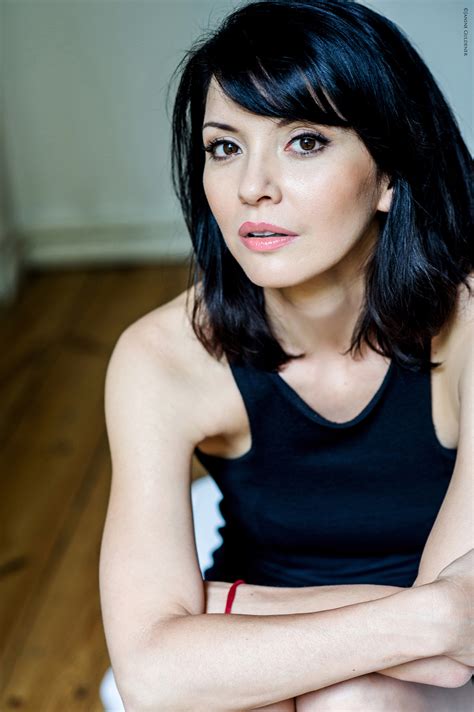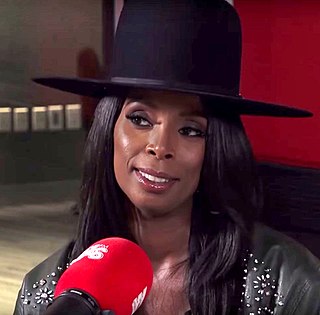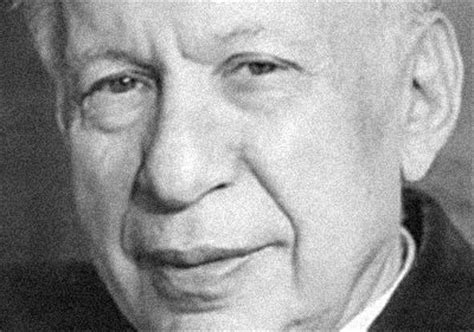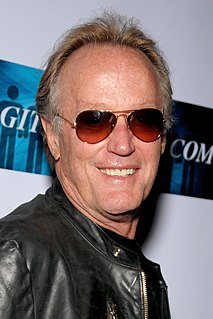A Quote by James Dean
When an actor plays a scene exactly the way a director orders, it isn't acting. It's following instructions. Anyone with the physical qualifications can do that. So the director's task is just that – to direct, to point the way. Then the actor takes over. And he must be allowed the space, the freedom to express himself in the role. Without that space, an actor is no more than an unthinking robot with a chest-full of push-buttons.
Related Quotes
As an actor, it's always important to understand what the director is after. That, to me, is my job. When I'm acting, I like to ask a lot of questions and understand exactly why the director is doing what they're doing, so that I can provide him or her with the ingredients that they need to get the scene that they want. It's not to challenge them, in any way. It's just so that I can do my job best.
The director is the most important because, ultimately, as an actor, when you watch a movie, it looks like an actor is giving a performance, and they kind of are. But, what's actually happening is that an actor has given a bunch of ingredients over to a director, who then constructs a performance. That's movie-making.
Every director is always directing around the play. If you have an actor who really doesn't get the character well enough, you have to direct the play around that character. You have to make choices with that actor. If you have an actor that really doesn't get the role and has certain visions of the role, sometimes you have to direct around that actor.
As a director, I have to do everything. As an actor, I'm just worried about one role, that's it. As a director, everything is important. Everything is something you have to be very detailed and specific about in telling a story. So for me, the job is far greater than just being the actor, there's a lot more responsibility creatively, technically.
Stepping out of the director's chair completely and into a scene as an actor was weird. It was more excitement about directing than anything, but I was on a high from being a director and enjoying that process so much that going back to being an actor was almost secondary because I really was loving directing.
The actor's physical type is the main consideration. It isn't and shouldn't be. Does the actor "look the part"? It is the simplest question to deal with. The director deludes himself who yields to the temptation to believe that an affirmative answer settles the matter. An actor's looks will impress an audience initially but after his first five minutes on stage it becomes aware of what he or she communicates (or fails to communicate) through acting!
With a director it's all about the work; I'd work with a great director over - you know, I'm not the kind of actor who that doesn't go, 'I want to play this role.' It's more like, 'I want to work with this director,' regardless of what the role is because if it's a good director, you'll probably find a good role because it's a decent film. But a mediocre director will always make a mediocre movie.

